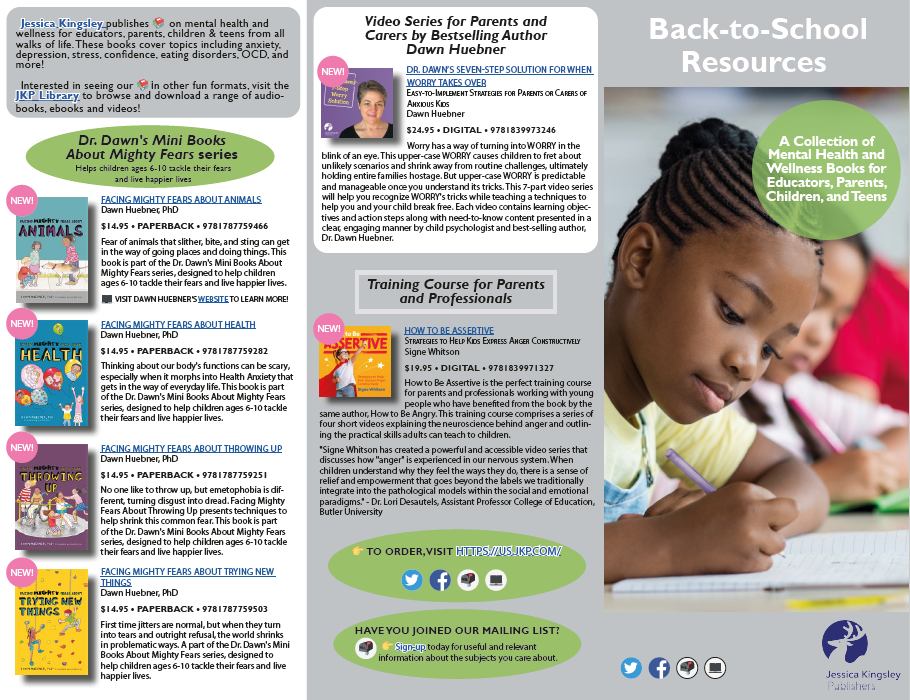Conquer Back-to-School with these 10 JKP Mental Health and Wellness Resources
Back-to-school season is in full swing, which means that many kids may be facing reoccurring or emerging anxieties, fears, and feelings about heading back to school. Kids aren’t the only ones affected by back-to-school season. Educators, parents and caregivers are all experiencing changes this time of year as well. Below are 10 great resources for children, teens, educators, and parents.
Riley the Brave’s Sensational Senses by Jessica Sinarski
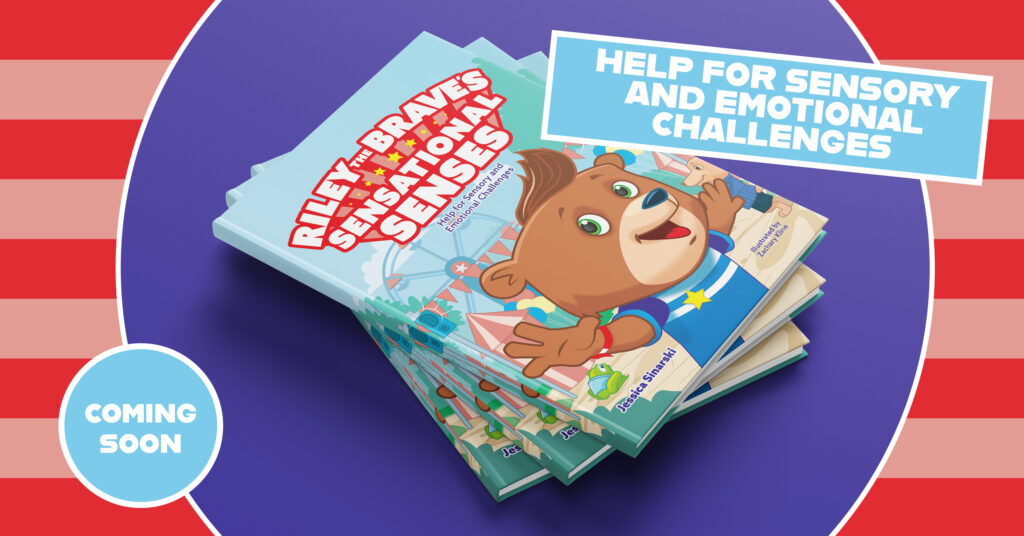
Riley the Brave is a little bear with big feelings. He really wants to have fun at the fair, but sometimes he struggles just making it to school, especially on the STINKY, BUMPY, NOISY bus!
Riley the Brave’s Sensational Senses teaches children about their senses through a playful story with real-life strategies for emotion regulation. It also features an educational afterword for grown-ups that explains our eight senses and includes tips for getting the most out of the book. Check out the rest of the Riley the Brave series here.
Check out Jessica Sinarski’s website here.
Dr. Dawn’s Mini Books About Mighty Fears series
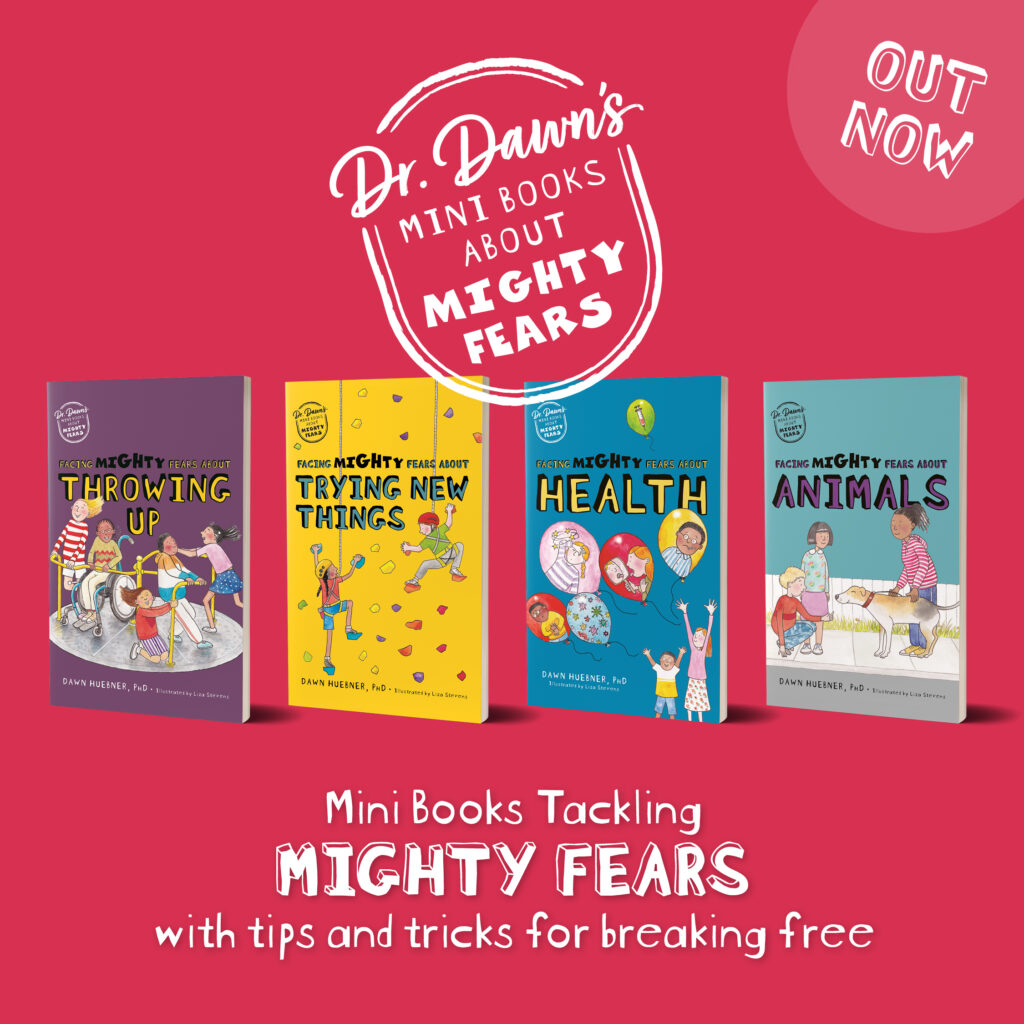
Dr. Dawn’s Mini Books About Mighty Fears series is designed to help children ages 6-10 tackle their fears and live happier lives.
With Back-to-School season starting, many kids are experiencing new and/or growing fears. Dr. Dawn Huebner’s Dr. Dawn’s Mini Books About Mighty Fears series contains four books aimed at helping shrink your children’s fears and phobias, including Facing Mighty Fears About Throwing Up, Facing Mighty Fears About Trying New Things, Facing Mighty Fears About Health, and Facing Mighty Fears About Animals. Learn more.
Dr. Dawn recently spoke to Natasha Daniels, anxiety and OCD therapist and owner of the AT Parenting Survival Podcast, about helping kids with health anxiety. With the emergence of the COVID-19 pandemic, health anxiety is more prominent than ever before. Dr. Dawn’s Facing Mighty Fears About Health Anxiety provides kids with the tools to address and manage their health-related anxieties or OCD. Listen to the podcast here.
Check out Dr. Dawn Huebner’s website here.
How to Be Assertive by Signe Whitson
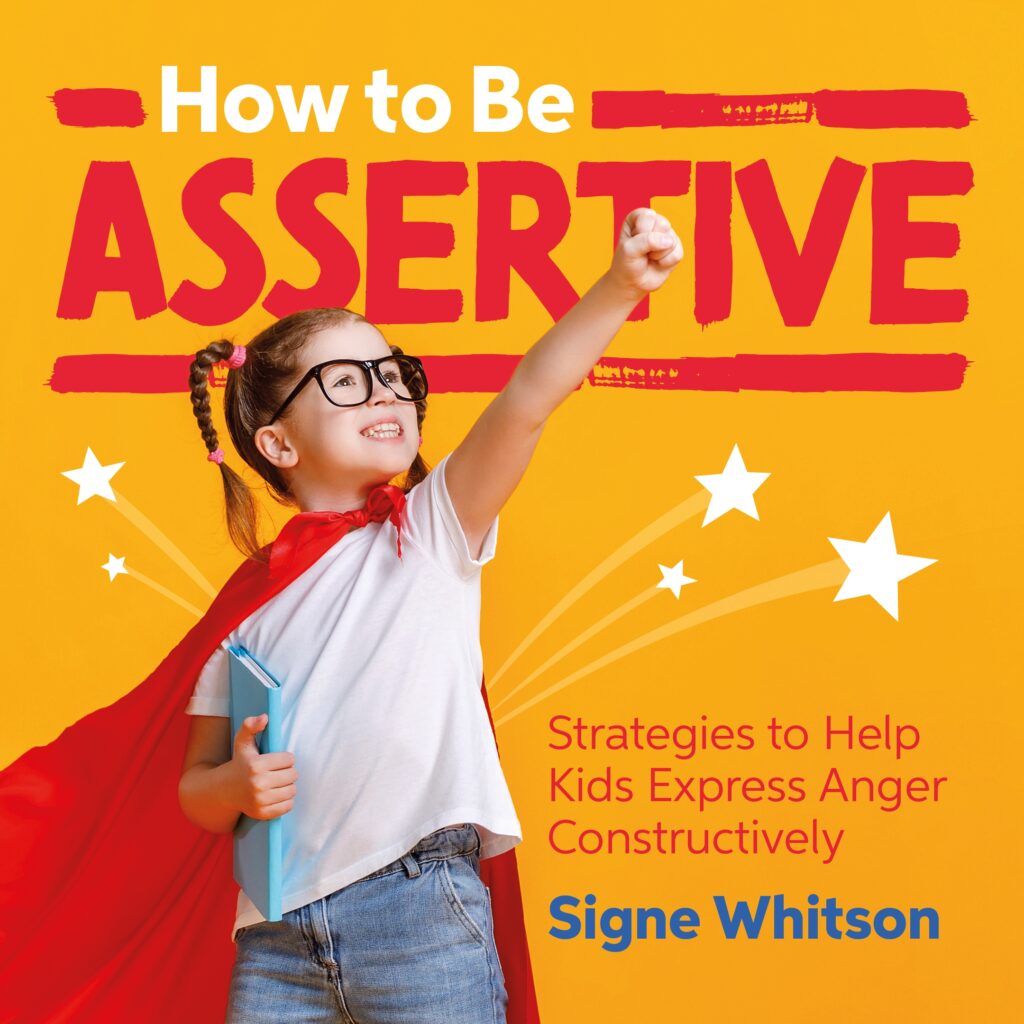
Anger is an intrinsic part of the human experience. So rather than telling young people not to be angry, adults should instead teach them how to express angry feelings in constructive ways.
How to Be Assertive is the perfect training course for parents and professionals working with young people who have benefited from the book by the same author, How to Be Angry. This training course comprises a series of four short videos explaining the neuroscience behind anger and outlining the practical skills adults can teach to children. Covering a variety of techniques, from regulation practices to sensory-based strategies, these videos offer the ultimate toolkit to move a young person from every counterproductive style of anger expression, be it aggression, passivity or passive aggression, to assertiveness, the most constructive form. Learn more.
The Lie That Wasn’t by Sarah Naish
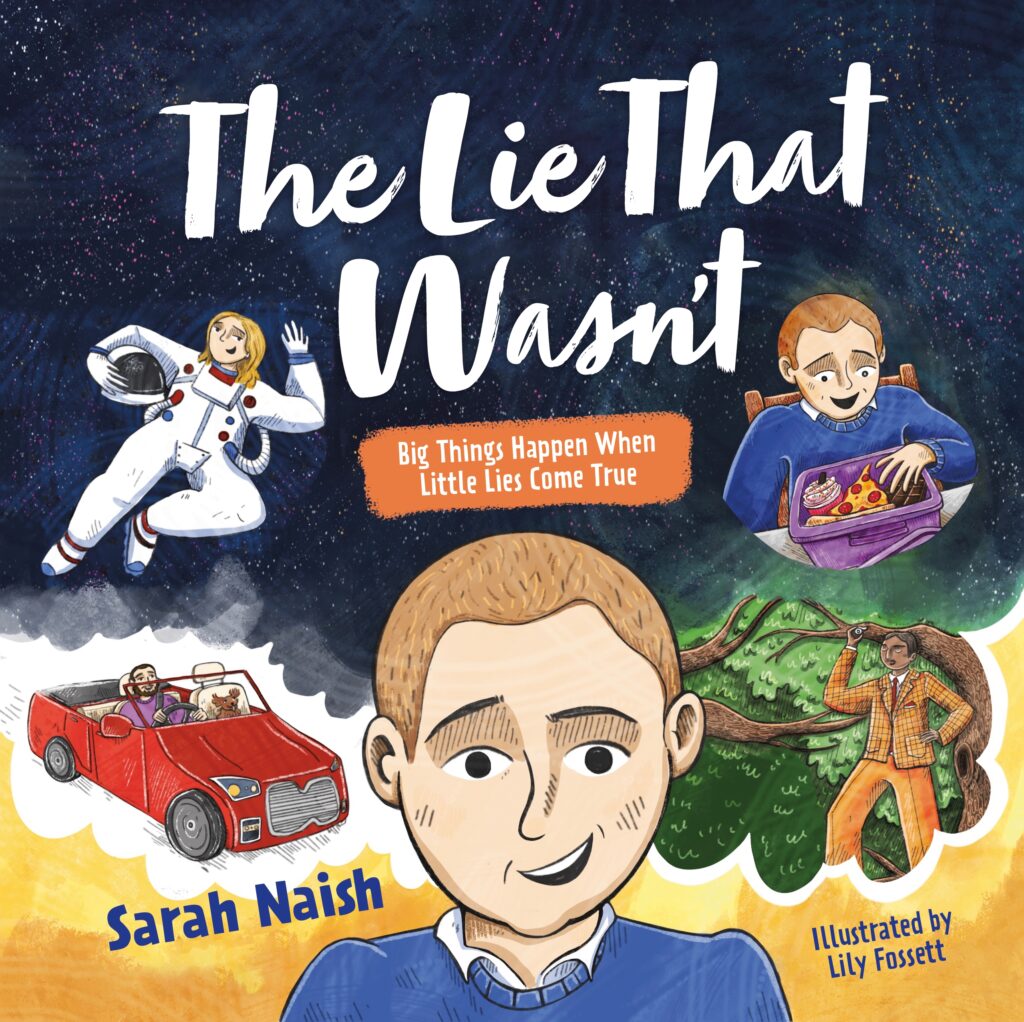
This entertaining story for children aged 4-8 help children to explore how telling tricky truths is usually better than telling little lies.
Arthur is daydreaming in class when his teacher announces, “Remember it’s Parents’ Evening tonight – don’t forget to give your parents the letter.”
Oh no! Arthur hasn’t been doing his homework and doesn’t want to get in trouble. Time to tell a lie! But then something strange happens – Arthur’s lies start to come true…
Mum is at space camp; dad has a snazzy new car and Mr Lott the teacher is stuck up a tree tangled up with sticky tape! Arthur starts to worry – now if he tells the wrong lie, someone could get hurt. Pre-order now.
ADHD, Tics, & Me by Inyang Takon and Susan Ozer
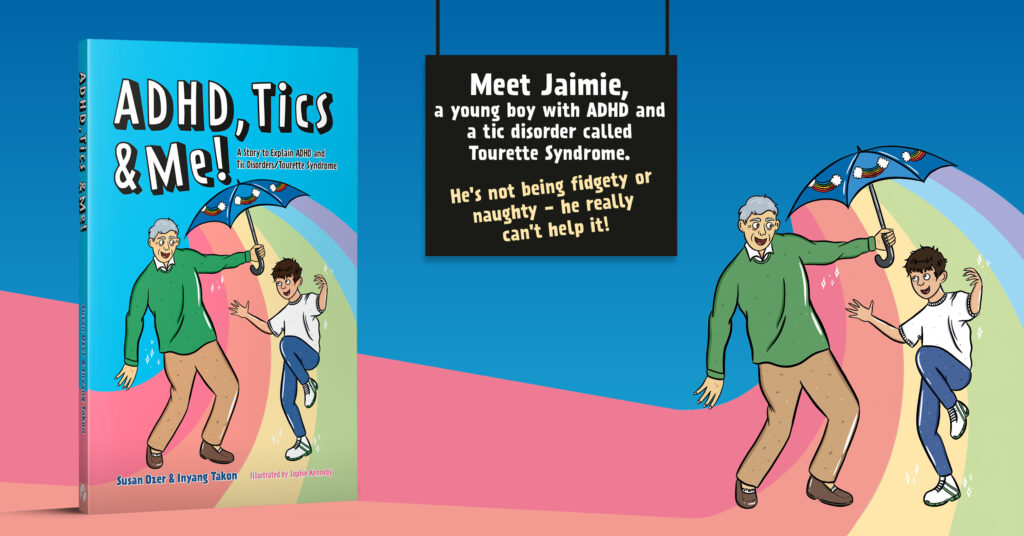
Meet Jamie, a young boy with ADHD and a tic disorder called Tourette Syndrome. He’s not being fidgety or naughty – he really can’t help it! Jamie explains how he was diagnosed and what having tics and ADHD is like for him. He also shares how he has learnt to relieve his ADHD symptoms, minimise his tics, and how friends and adults can help at home and school.
This illustrated book is ideal for children aged 7+ as well as friends, teachers and professionals working with children with ADHD and tic disorders, and a great starting point for family and classroom discussions too! Learn more.
You Can Make a Difference! by Sherry Paris
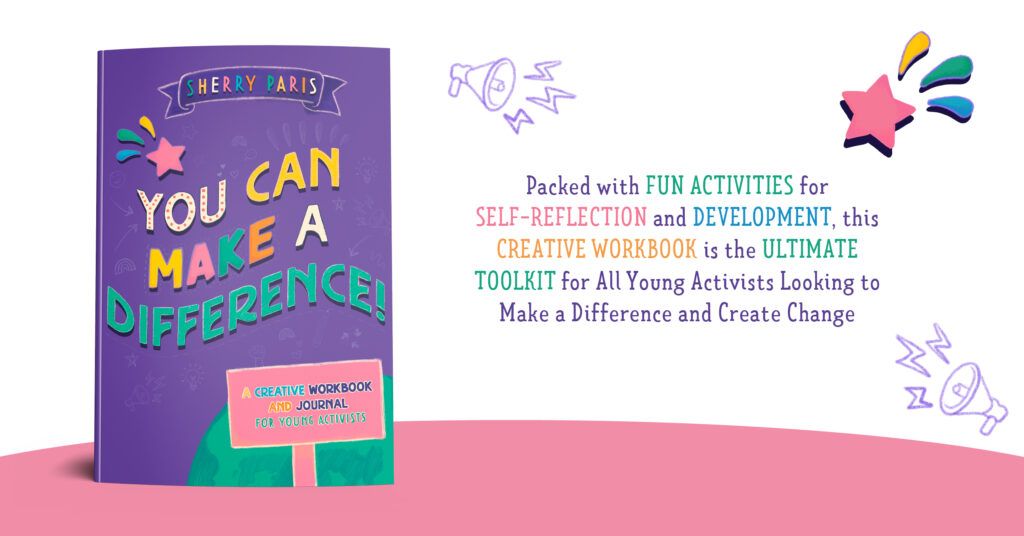
Packed with fun activities for self-reflection and development, this creative workbook is the ultimate toolkit for all young activists looking to make a difference and create change. Each chapter includes voices from inspiring young game changers to encourage readers to channel their passion for social justice into positive action.
Through creative art activities, journal prompts, interviews and more, this workbook will inspire, engage and empower you to realize your own social justice project and put it into action. Learn more.
The Asperkid’s (Secret) Book of Social Rules, 10th Anniversary Edition by Jennifer Cook
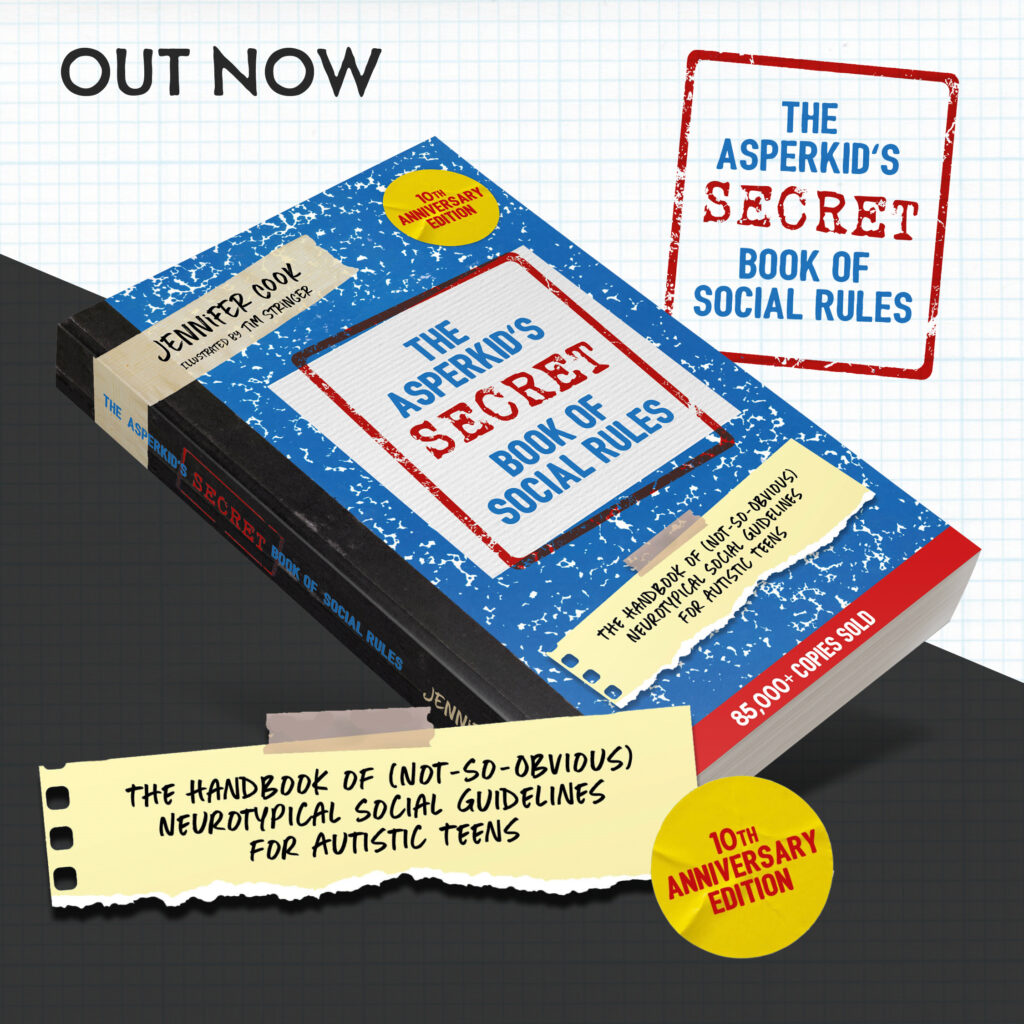
Being a teen or tween is tough for anyone. And if you’re on the Autism Spectrum, life can feel like a game you’re playing without knowing the rules. Jennifer Cook knows – she’s been there! Her internationally bestselling handbook is the key to unlocking those unwritten, often confusing, not-so-obvious social guidelines and bolstering confidence, all at once.
Finally, teens can play the game of life with instructions. The 10th Anniversary Edition of The (Secret) Book of Social Rules reveals the essential secrets behind the baffling social codes surrounding making and keeping friends, dating, and catastrophic conversation pitfalls, with all-new content on social media and talking about neurodiversity. Learn more.
How to be Angry by Signe Whitson
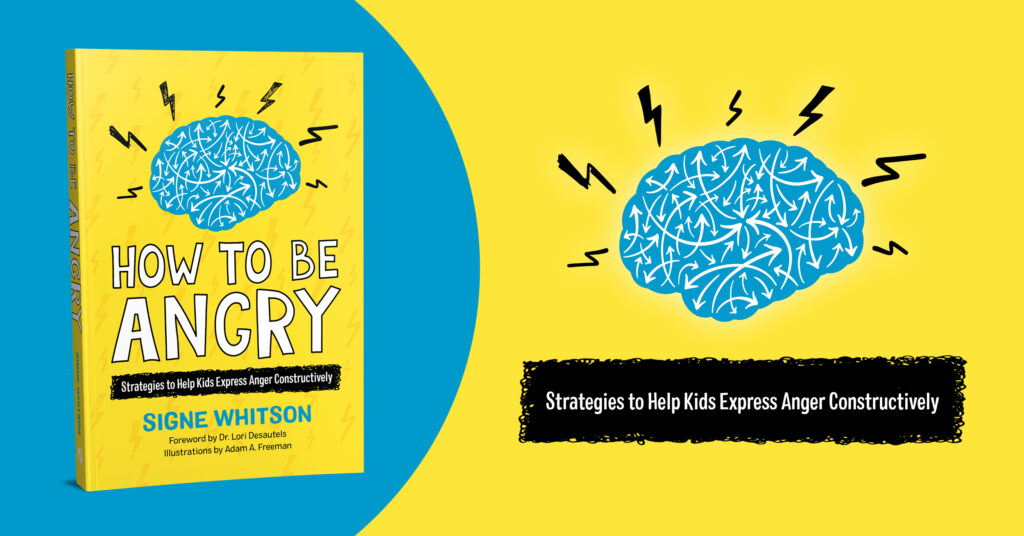
Children and teenagers often struggle to cope with anger, and angry feelings can boil over into aggression and destructive behaviour. This updated and extended resource takes a different approach to anger, teaching children how to be angry effectively, rather than telling them not to be angry at all.
Suitable for use with children and teenagers aged 5 – 18, this engaging resource will help children to overcome self-destructive patterns of passive, aggressive, and passive aggressive behaviour. Learn more.
Creating Consent Culture by Marcia Baczynski and Erica Scott
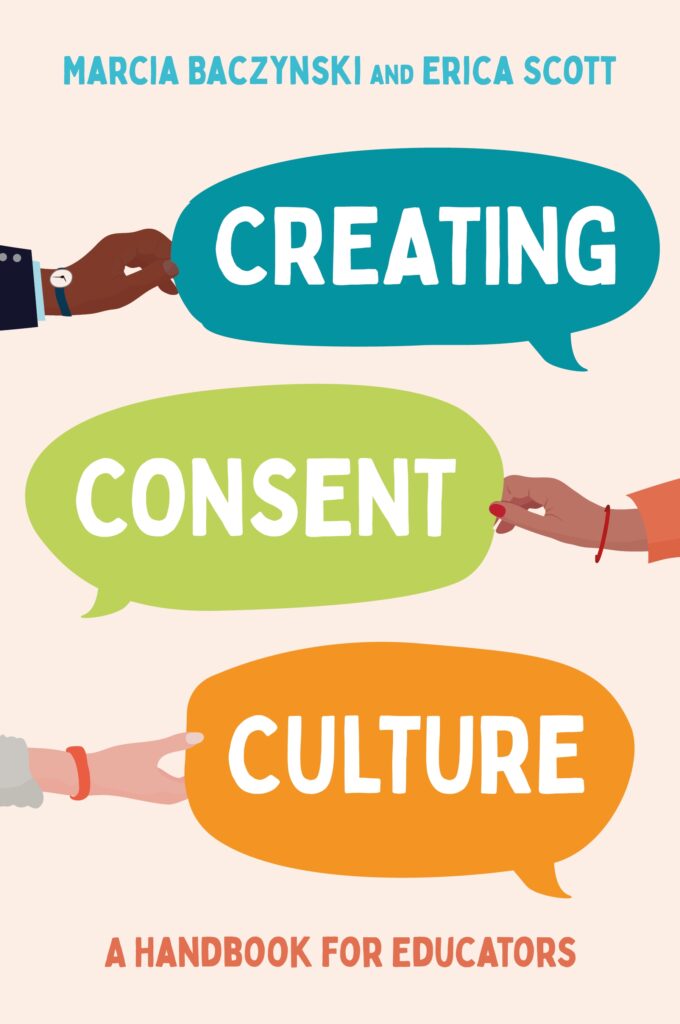
Can you imagine a world where no one feared a violation of their boundaries? A world where everyone felt safe in their bodies and confident in asking for what they wanted? Teaching consent education is the way to achieve this vision, and this entry level book for educators helps you teach and discuss consent issues to young adults, from 10+.The fun, interactive exercises in this book focus on consent in all interactions, not just sexual ones, and explores skills that help young people to increase their relational intelligence and build positive, reciprocal relationships.
Drawing on their combined experiences of over 25 years as consent educators, the authors have seen that more respectful, generous and joyful ways of relating to one another are possible. In this vital book, they challenge common assumptions about consent and coercion, and invite educators of all walks to become instigators of a profound culture shift. Learn more.
The Teacher’s Guide to Oppositional Defiant Disorder by Amelia Bowler
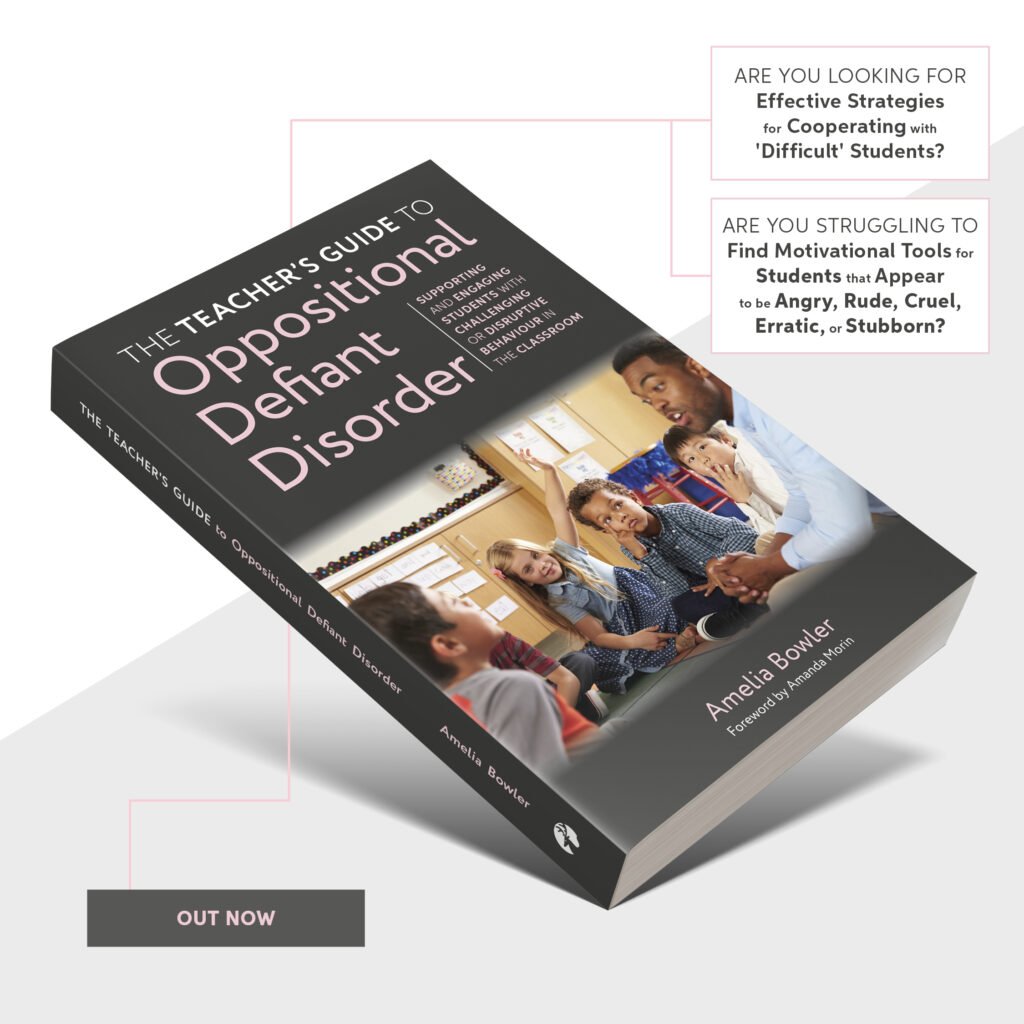
Are you looking for effective strategies for cooperating with your ‘difficult’ students? Are you struggling to find motivational tools for students that appear to be angry, rude, cruel, erratic, or stubborn?
This book is an essential guide for school staff supporting students with Oppositional Defiant Disorder (ODD). Written by the author of The Parent’s Guide to Oppositional Defiant Disorder: Your Questions Answered, this book debunks myths about ODD by providing psychiatric context, strength-based approaches and exploring the disorder through a holistic lens. Learn more.
Check out our JKP Back-to-School 2022 Resources Trifold here!
